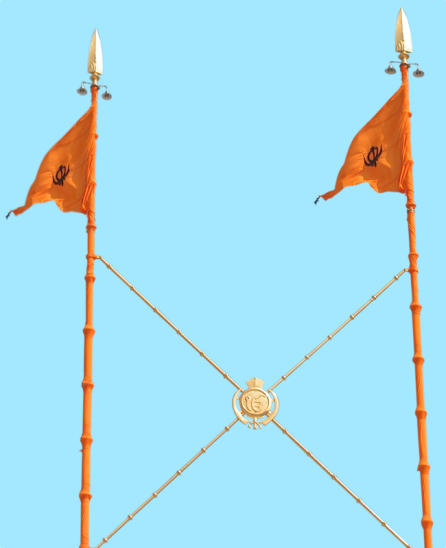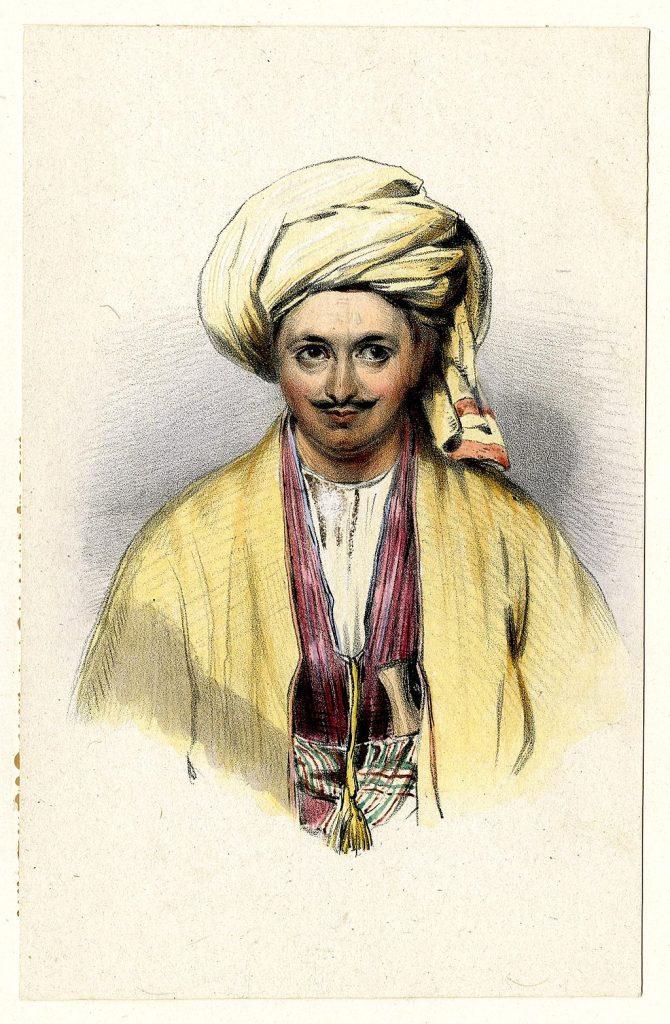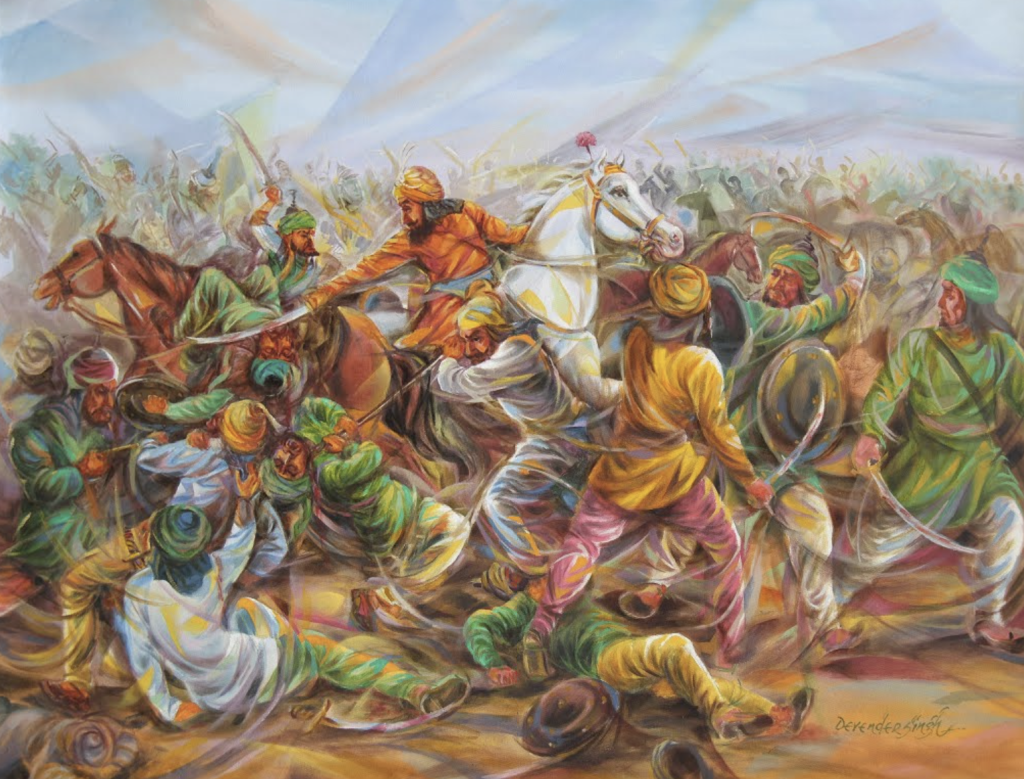BHANDARI PAPERS, a large collection of sundry papers, letters and documents preserved in the Punjab State Archives, Patiala, and named after the collector, Rai Indarjit Singh Bhandari of Batala. Little is known about the life of Indarjit Singh beyond a conjecture based upon some of the letters in the collection itself that he was a descendant or a relation of one of the Sikh kingdom`s vakils or agents at Ludhiana, namely Rai Kishan Chand, Rai Ram Dial, and Rai Gobind Das. Bhandari collection is a huge miscellany of 4103 items, mostly letters in Persian exchanged between the Sikh government at Lahore or its agents and the officers of the British agency at Ludhiana.
Explore how the Miri Piri concept unifies temporal authority and spiritual guidance in Sikhism, shaping religious and political thought since Guru Hargobind.
BURNES, SIR ALEXANDER (1805-1841), British traveller, explorer and writer, was born on 16 May 1805. He joined Bombay infantry in 1821. Upon his arrival in India, he devoted himself to the study of the local languages and was, while still an ensign, selected for the post of regimental interpreter. In 1829, he was transferred to the political department as assistant to the Political Resident in Cutch. In 1831, he was sent on a complimentary mission to Lahore, in charge of English horses, including a team of carthorses, four mares and a stallion, sent by the King of England as presents for Maharaja Ranjit Singh.
Discover the origins of the Sikh Misldari system in Punjab, a unique land tenure and political framework formed under Sikh power in the 18th century.
CLERK, SIR GEORGE RUSSELL (1800-1889), diplomat, son of John Clerk, entered the service of the East India Company as a writer in 1817. After various appointments in Calcutta, Rajputana and Delhi, he became political agent at Ambala in 1831. He was appointed agent to the Governor General at the North-West Frontier Agency in 1840. In this capacity, he shaped British policy towards the Sikhs during the days following the death of Maharaja Ranjit Singh. For almost a decade, as political agent at Ambala, he had been responsible for British political relations with the cis Sutlej states.
Discover how 'morcha' shaped Indian politics from Sikh reforms to modern movements. Learn about its pivotal role in peaceful resistance and political fronts.
CUNNINGHAM, JOSEPH DAVEY (1812-1851), the first British historian of the Sikhs (his A History of the Sikhs was published in London in 1849), was the eldest of the five sons of Allan Cunningham, a noted poet and playwright. Born at Lambeth on 9 June 1812, Joseph had his early education in private schools in London where he showed such a marked aptitude for mathematics that his father was advised to send him to Cambridge. But as the young boy was more keen on becoming a soldier, a cadetship in the East India Company`s service was procured him through the good offices of Sir Walter Scott.
Explore the legacy of Partap Singh Kairon, Punjab's influential chief minister, champion of progress, and advocate for independence and reform.
DESH BHAGAT PARIVAR SAHAIK COMMITTEE, originally named Sikh Desh Bhagat Parivar Sahaik Committee, to help the families of patriots, was set up in October 1920 under the chairmanship of Baba Vasakha Singh, a Ghadr revolutionary who had been sentenced to transportation for life, but was released from the Cellular Jail, An damans, on medical grounds in 1920. He reached his village, Dadehar in Amritsar district on 14 April 1920, and almost immediately started preparing lists of families of other patriots who had been with him in the Andamans.
Explore the fascinating life of Maharaja Pratap Singh, ruler of Nabha, and his impact on Punjab's history. A tale of independence and resilience.







